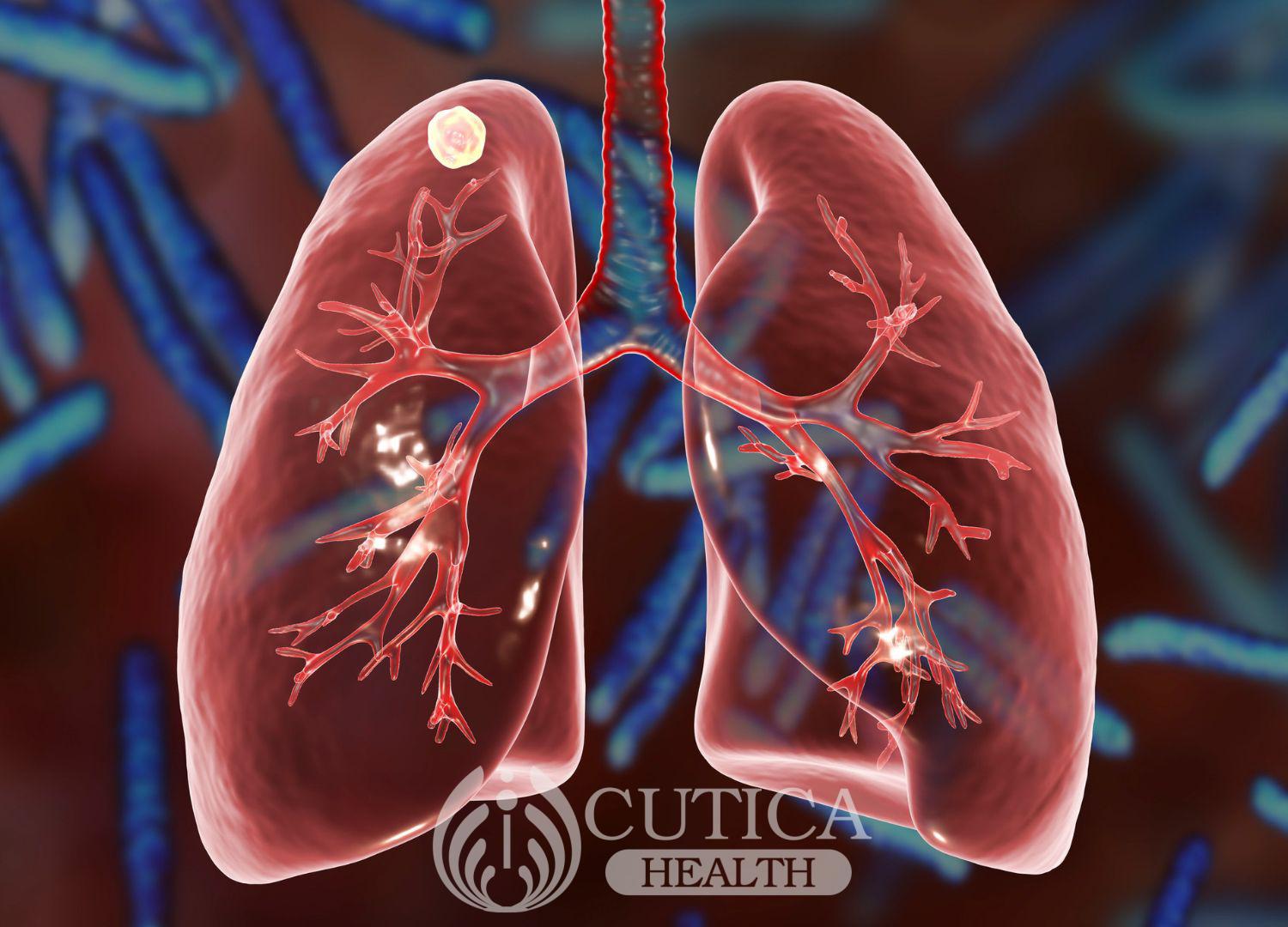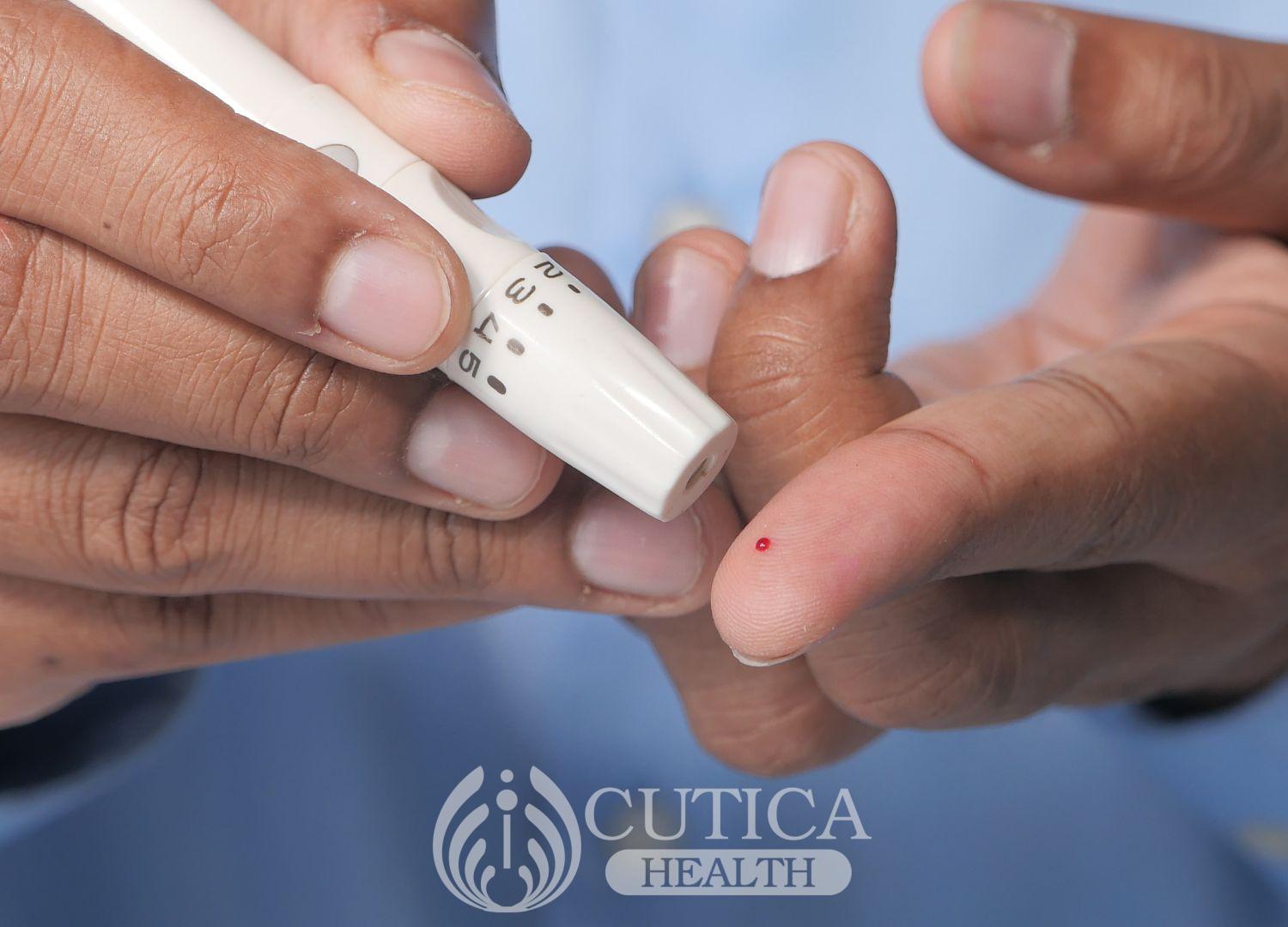
Chidozie began to cough and feel tight in the chest. He then started to wheeze. His class teacher noticed this and drove him to a nearby hospital where the doctor said Chidozie was having an asthma flare. But why?
What is Asthma?

Asthma is a condition in which the airways narrow and swell in response to exposure to certain triggers. When this happens, breathing becomes difficult and you may begin to experience chest tightness, shortness of breath, cough, and wheezing (whistling sound) when you breathe.
Asthma is described as a hypersensitivity reaction because the airways are overreactive to environmental factors that everyone else is exposed to.
What causes Asthma?
It is thought that asthma is due to a combination of genetic and environmental factors. A child whose parents or siblings have asthma may be at a higher risk of developing asthma.
However, asthma is triggered by several environmental factors, which vary from person to person. If a vulnerable person is exposed to any of these factors, the hypersensitive airway narrows and causes shortness of breath, cough, and wheezing. These triggers are called allergens and include:
- Airborne allergens, such as pollen, pet dander, animal furs, mold spores, particles of cockroach waste
- Air pollutants, including smoke, dust, and exhaust fumes. In Chidozie’s case, dust was the trigger
- Substances with a strong smell, including insecticides and perfumes
- Cold air
- Occupational triggers such as asbestos
- Preservatives in foods and beverages, such as beer, wine, and seafood
-

Other asthma triggers include:
- Airway infections, such as the flu
- Physical activity, including exercise
- Strong emotions
- Stress
- Acid reflux disease; a condition in which stomach acid flows backward into your throat
Just as Chidozie’s doctor advised, people with asthma are always advised to avoid these triggers to prevent a recurrence of symptoms. Doctors also advise them to get vaccinated for flu and pneumonia, which are common triggers of asthma flare-ups.
How do I Know I have Asthma?
If you’ve had any of the listed symptoms – such as wheezing, cough, shortness of breath, and chest tightness – after exposure to those triggers, you may likely have asthma. However, to confirm this, your doctor may perform some clinical examinations, such as listening to how your breath sounds using a device called a stethoscope.
Your doctor may also measure your lung function using a test, called spirometry, which measures how well your lungs inhale and exhale air. If these tests confirm that you have asthma, your doctor will place you on some medications and advise you to avoid the triggers.
How is Asthma Treated?

Asthma treatment depends on several factors, including the severity of your symptoms, your age, and how well you respond to treatment. When you have a flare-up, your doctor will prescribe quick-rescue medications, including drugs that expand the airways – such as Ventolin – and oral or intravenous corticosteroids to reduce the swelling and obstruction in the airway.
Your doctor may also provide you with an inhaler that contains these medications for fast relief of flare-ups. For long-term control of your symptoms, your doctor will prescribe inhaled corticosteroids and combination inhalers that also consist of airway expanders and corticosteroids.
Generally, avoiding asthma triggers and complying with your treatment is essential to stopping asthma attacks; but if you have flare-ups, use your inhaler and visit your doctor immediately.












